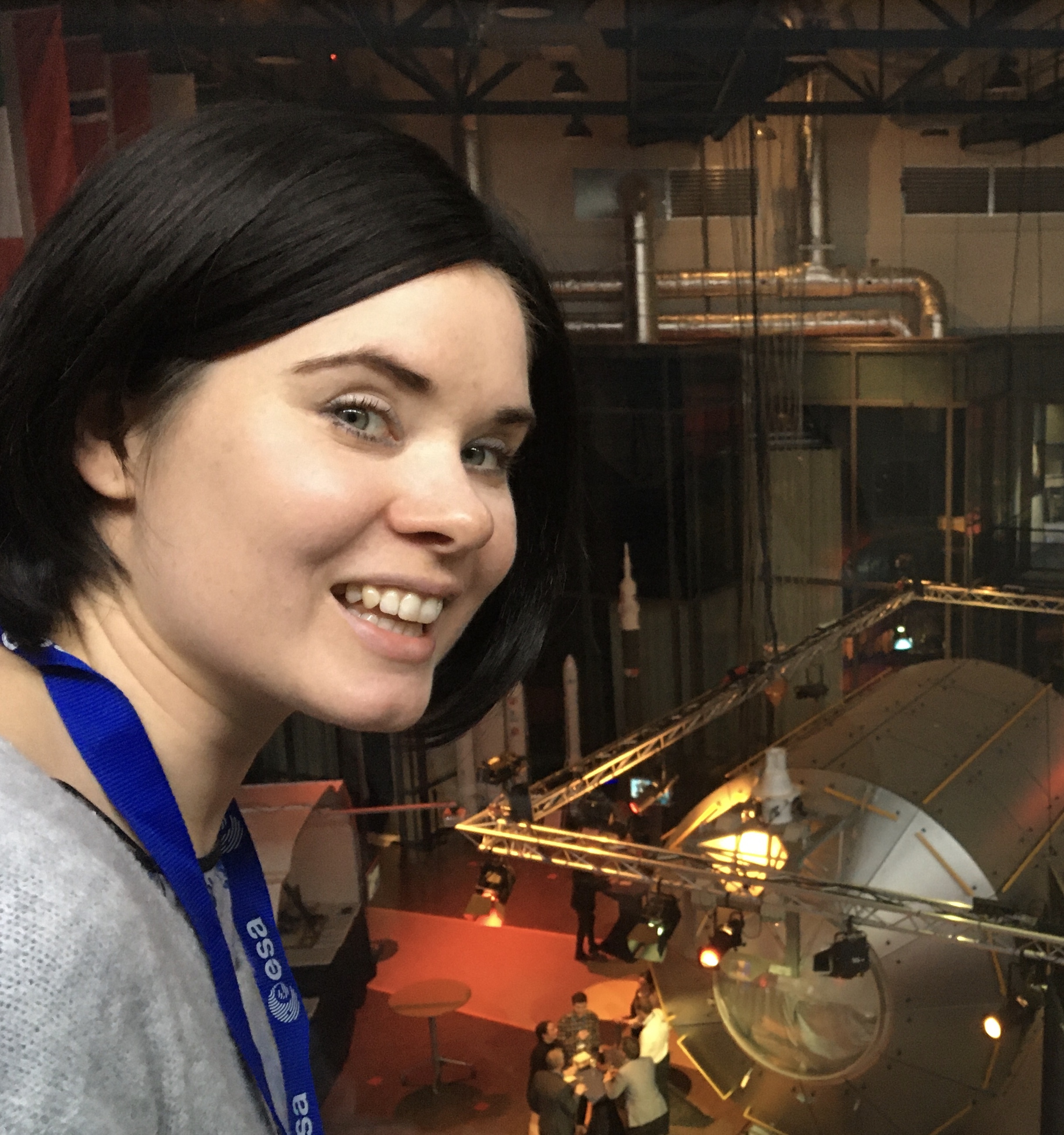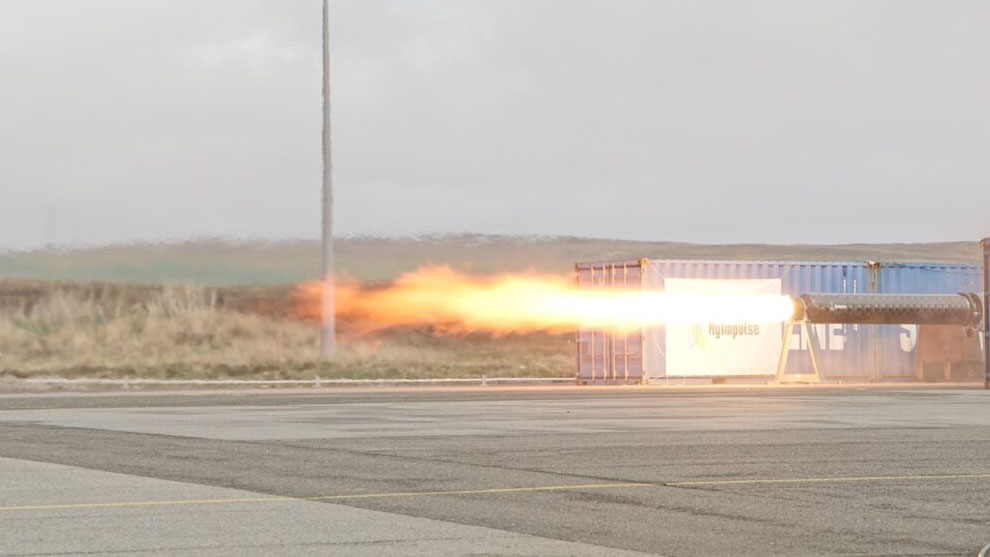The UK really wants commercial spaceports. Will they see rockets fly in 2022?
The British space race is picking up momentum, who is going to make it across the finish line?

The United Kingdom will start issuing spaceflight licenses this summer, paving the way for the first rockets to launch from British soil next year. The aspiring British spaceports and the rocket builders hope to be the first to loft satellites into orbit from Europe, but how many of them will survive?
The U.K. parliament is establishing regulations that will enable the nation's Civil Aviation Authority to start issuing licenses to spaceports, as well as rocket and satellite operators, by the end of August. The country, which left the European Union on Jan. 31, 2020, has been encouraging commercial players to develop spaceflight capabilities on the islands since 2014 and originally hoped to see first flights in 2020. It officially launched its commercial spaceflight program, called LaunchUK, in 2017.
"This is a pivotal moment for our spaceflight ambitions," U.K. transportation secretary Grant Shapps said in a statement on Monday (May 24). "Since the start of the spaceflight program in 2017, we have been clear that we want to be the first country to launch into orbit from Europe. The laying of these regulations puts us firmly on track to see the first UK launches take place from 2022."
Previously, the U.K. government, via the U.K. Space Agency, provided funding to three prospective spaceports and their partnering rocket-makers. All three are still in the running, with varying amounts of work ahead of them before they can kick off their first countdown.
Spaceport Cornwall ready to go
With its sandy beaches, rugged cliffs and sunny weather (for the UK, anyway), the former fishing town of Newquay in Cornwall (the southernmost tip of British land) has been an alluring tourist destination for decades. Soon, it might add a new attraction. Newquay's airport, located just a few hundred meters from the Atlantic coast, expects to host regular Virgin Orbit launches from early 2022.
Melissa Thorpe, the head of Spaceport Cornwall, the airport's emerging space division, told Space.com that everything is ready to go in Newquay pending only the license application and the successful completion of Virgin Orbit's test campaign in the U.S.
"The legislation going to parliament, and the subsequent licensing process that will come out of that is basically the final piece of the puzzle that we need to launch early next year," Thorpe said. "We are doing some upgrades to the site, just to make it a little bit more efficient. The infrastructure for the fueling and handling of the rocket has already been procured, and we are currently building a satellite integration facility, where the satellites will come in and be integrated onto the rocket."
Breaking space news, the latest updates on rocket launches, skywatching events and more!
Aspiring to be the UK's only horizontal spaceport (a spaceport where rocket-carrying planes, such as Virgin Orbit's Boeing 747 Cosmic Girl, take off and land), Spaceport Cornwall hopes to see up to five launches a year once everything settles, Thorpe said.
Virgin Orbit, which deployed 10 cubesats in its successful demonstration flight in January, plans to operate from multiple airports around the world, providing flexible launch services to its clients. By using a conventional aircraft as its first stage, Virgin Orbit can take off from most conventional airports.
"We remain very excited to launch from Cornwall soon. Currently, we are targeting a launch from Spaceport Cornwall as early as next year," a Virgin Orbit spokesperson told Space.com in an email.
The company expects to carry out its next test flight in June, launching small satellites for the US Department of Defense and the Royal Netherlands Air Force. The company recently added Brazil's Alcântara launch center to the list of its future take-off locations.
Space Hub Sutherland facing a legal challenge
Unlike Spaceport Cornwall, Space Hub Sutherland still has a few hurdles to overcome. The vertical launch site (for rockets that lift off from an upright position, like SpaceX's Falcon 9 or the European Ariane 5), is meant to be built in the pristine wilderness of the Moine Peninsula in the very north of Scotland.
The spaceport, developed by the Highlands and Islands Enterprise (HIE), the government development agency responsible for this part of Scotland, secured planning permission in August 2020. However, the development has been challenged by Scotland's biggest landowner (and richest man) Anders Povlsen, who owns a neighboring estate. Povlsen, who cites environmental concerns as a reason for the objections, has since invested in a rival venture, the Shetland Space Centre, to be located on the Shetland Islands between the north of Scotland and Norway.
This move has drawn widespread derision in local media, as there have been more environmental and wildlife protection concerns around the Shetland Space Centre project than around Sutherland. The Shetland development has not yet obtained planning permission. The courts will decide about the validity of Povlsen's concerns next month, HIE said in a statement.
In the meantime, detailed investigations have begun at the 10.4-acre (4.2 hectares) ( Melness Crofters Estate where the Sutherland launch site is to be located, the HIE said. Experts are now examining the soil and bedrock at the site, which hopes to see up to 12 launches per year in the future. The results of the survey will inform the construction of access roads and other spaceport infrastructure including the control center and launchpad complex, HIE said in the statement.
The spaceport's key partner is local rocket maker Orbex, based in Forres, a small town about 120 miles (200 kilometers) away from the prospective spaceport. The company, which unveiled the prototype of its environmentally friendly Prime rocket two years ago, told Space.com that it's on track to start launching next year "assuming the legal steps are overcome."
Shetland Space Centre faces opposition
Shetland Space Centre submitted its planning application in January and is still awaiting a decision by the Shetland Islands Council, the local authority governing the Islands.
The spaceport eventually plans to operate three launch pads and has recently lured Lockheed Martin, previously associated with Space Hub Sutherland, to switch to the more remote Shetland base.
The prospective spaceport is located on the island of Unst, 200 miles (320 km) north of the Moine Peninsula where Space Hub Sutherland is located. Forming the northernmost part of British territory, Unst is home to a military radar station operated by the British Royal Air Force.
Despite not yet having a permission to establish the spaceport, the Shetland base already provides facilities to European rocket builders to test their technology. German company HyImpulse Technologies, which is developing a micro-launcher fitted with an engine that runs on paraffin (essentially candle wax) and liquid oxygen, recently completed a series of engine tests on the island. HyImpulse hopes to start regular orbital flights from Unst in 2023.
In November 2020, Shetland Space Centre received what it described as "a significant minority investment" from Wild Ventures Limited, a company owned by Anders Povlsen, who objected to Space Hub Sutherland.
However, Scotland's nature protection agency NatureScot voiced concerns that the Shetland spaceport could disturb habitats of protected bird species and insisted that operations should be restricted during the breeding season, local media reported in March this year. Subsequently, Historic Environment Scotland, a public body in charge of protecting Scottish national heritage, rejected the spaceport's plans, saying it would harm the historic Skaw radar station, an important national monument from World War II.
The dark horse Black Arrow
While the eyes of most of the UK’s space enthusiasts are currently on Cornwall and its Scottish rivals, Black Arrow Space Technologies is quietly working in the background on its plan to launch rockets from a repurposed crude bulk carrier off the coast of Wales. The company, led by industry veteran Paul Williams, targets a later date for the start of its operations and expects to attempt its maiden launch in 2023. Eventually, the company, based in Port Talbot, Wales, hopes to start offering a mobile satellite launch service that could be taken anywhere in the world. The concept is similar to that of Virgin Orbit, just without the need of a spaceport.
"We are converting a 200-meter-long [650 feet], 35,000-tonne [39,000 ton] dry bulk carrier that we will use as a launch table," Williams told Space.com. "It will also host our clean rooms and facilities where we will be preparing the launcher."
The company is developing a rocket that can launch a 1,100-lb. (500 kilograms) payload into low Earth orbit but wants to eventually scale up to a launcher capable of lifting 5.5 tons (5 metric tons), which is more than the other UK contenders expect to offer, according to Williams.
The rocket, the engine of which might be unveiled later this year, will be completely reusable and run on environmentally friendly fuel.
"The message is that we will be the first net-zero launch provider in the world," Williams said. "We are not using polluting propellants, we are not making stuff out of metal that ends up either in the sea or in the upper atmosphere, we are not digging up bits of protected Scotland. Everything that we do is aiming to be net zero."
The company plans to take advantage of the fact that 14 British overseas territories, including Bermuda, Falkland Islands and Santa Helena, will all be governed by the same licensing regime that is currently being put together by the U.K. parliament. Williams expects that the "friendly" nations of the Commonwealth, the political association of former British colonies, might be interested in launching from their waters as well.
"We have Singapore, we have Mauritius, we have Kenya — we have all of these nations that are prepared and willing to have a launch capability on their doorstep," Williams said. "It makes a lot of sense."
Follow Tereza Pultarova on Twitter @TerezaPultarova. Follow us on Twitter @Spacedotcom and on Facebook.

Tereza is a London-based science and technology journalist, aspiring fiction writer and amateur gymnast. She worked as a reporter at the Engineering and Technology magazine, freelanced for a range of publications including Live Science, Space.com, Professional Engineering, Via Satellite and Space News and served as a maternity cover science editor at the European Space Agency.



